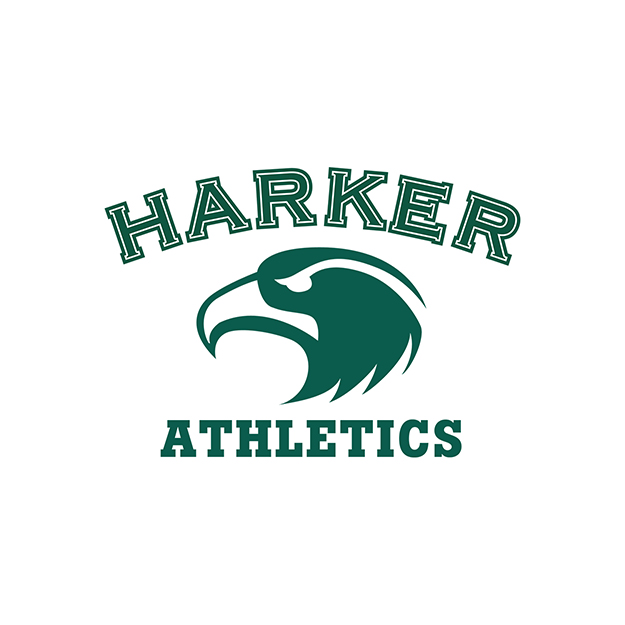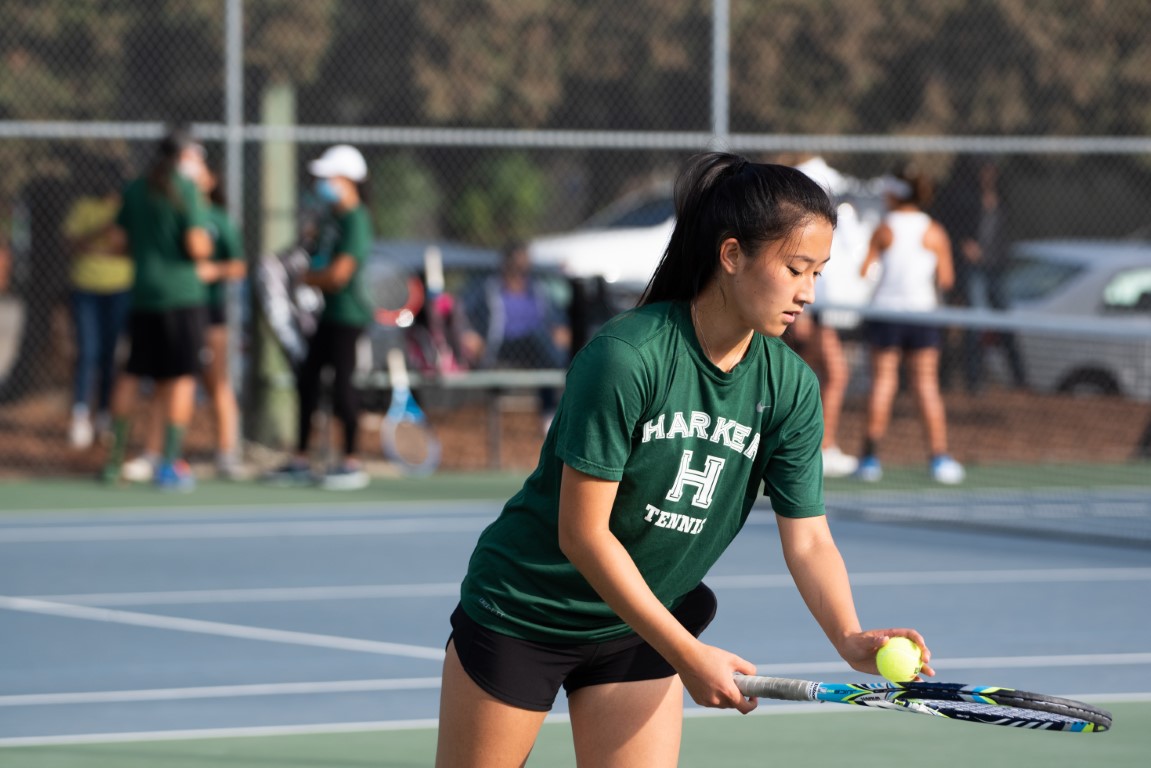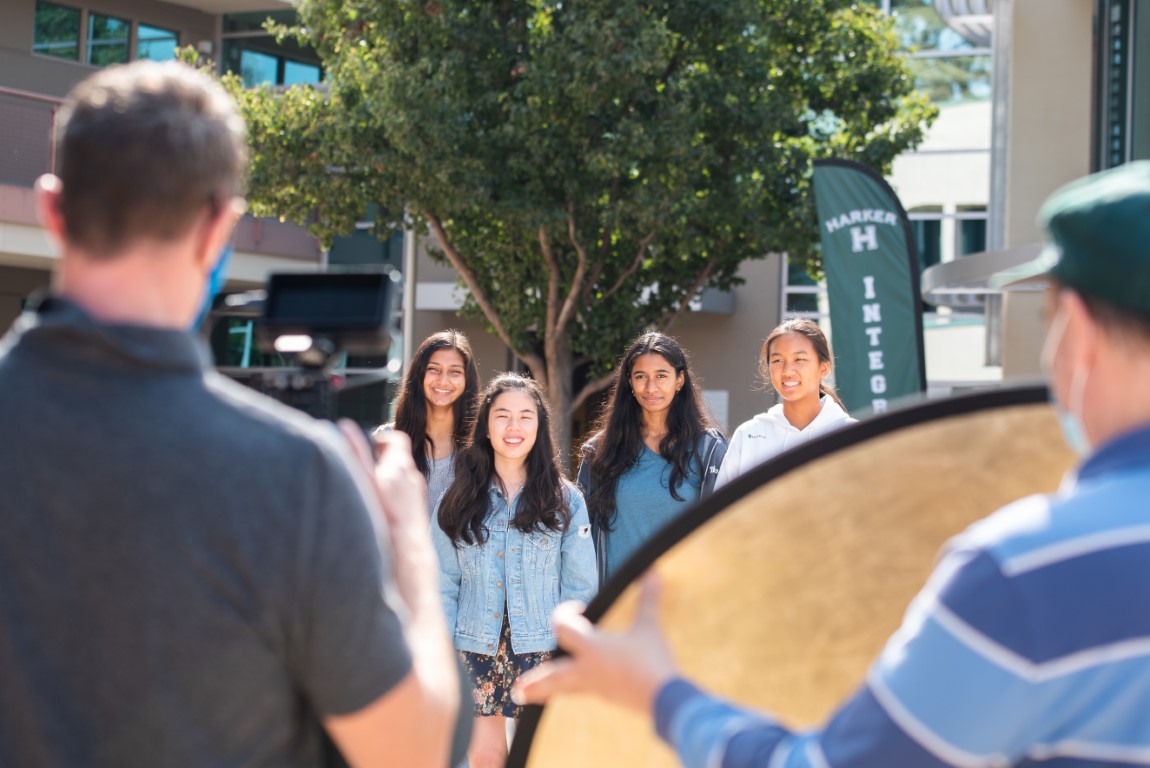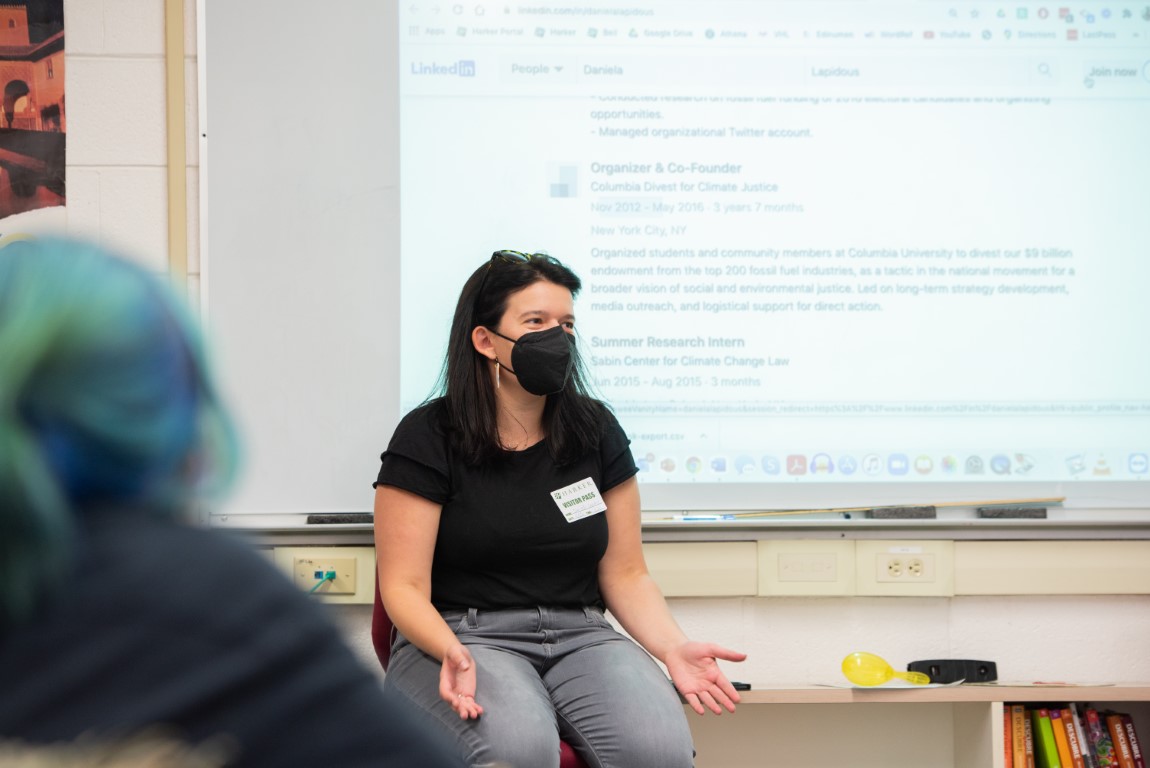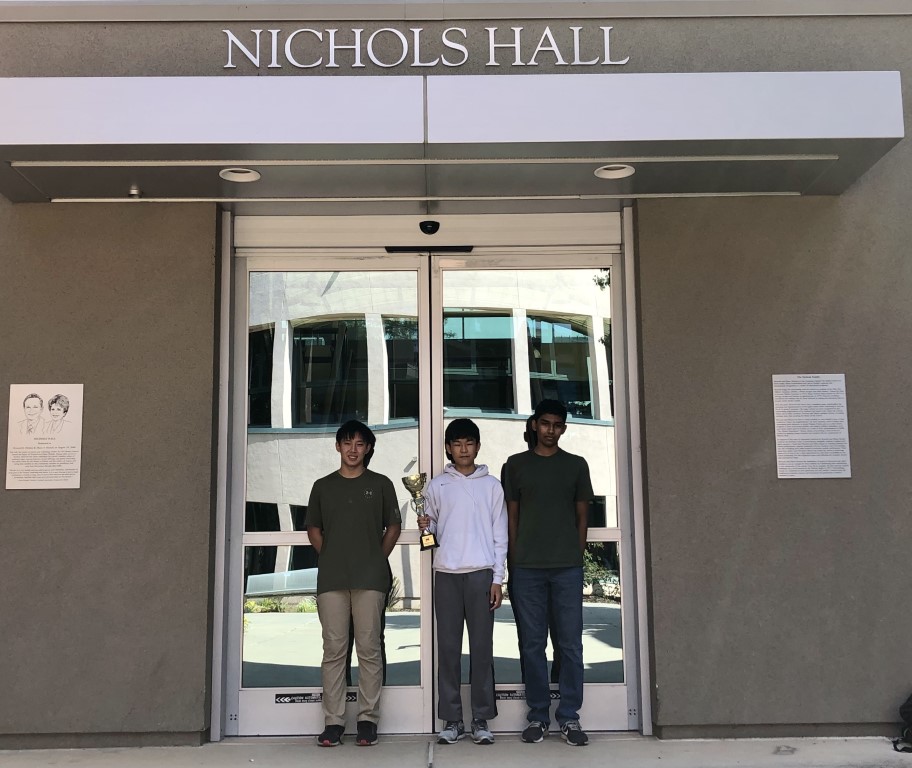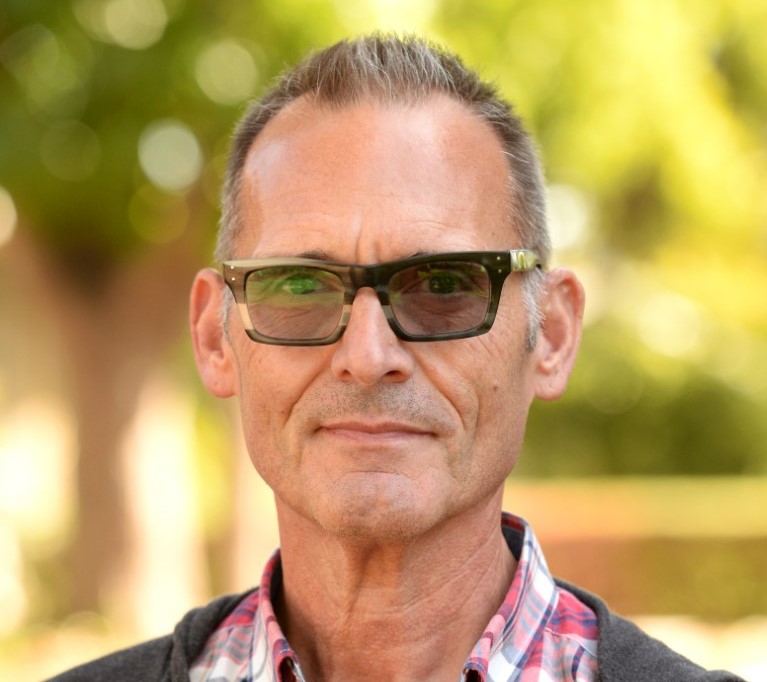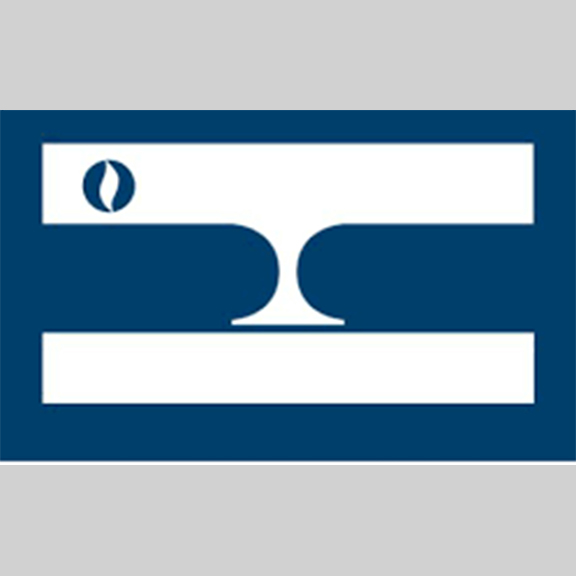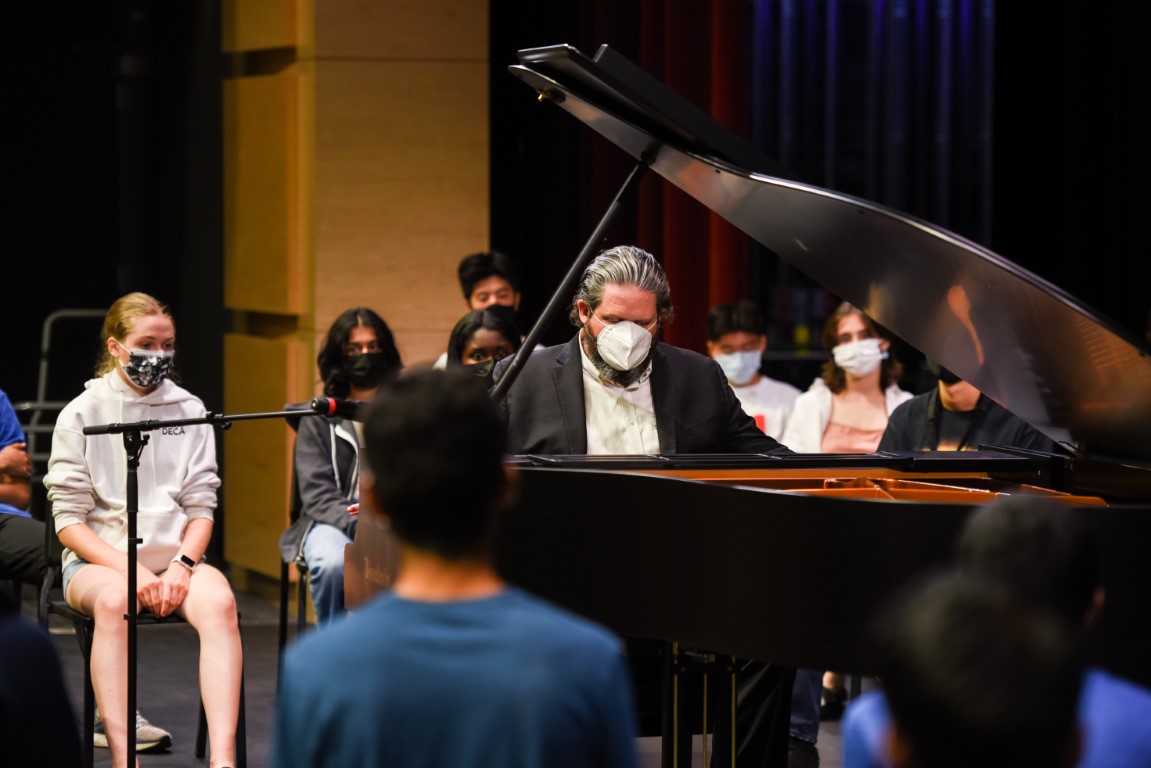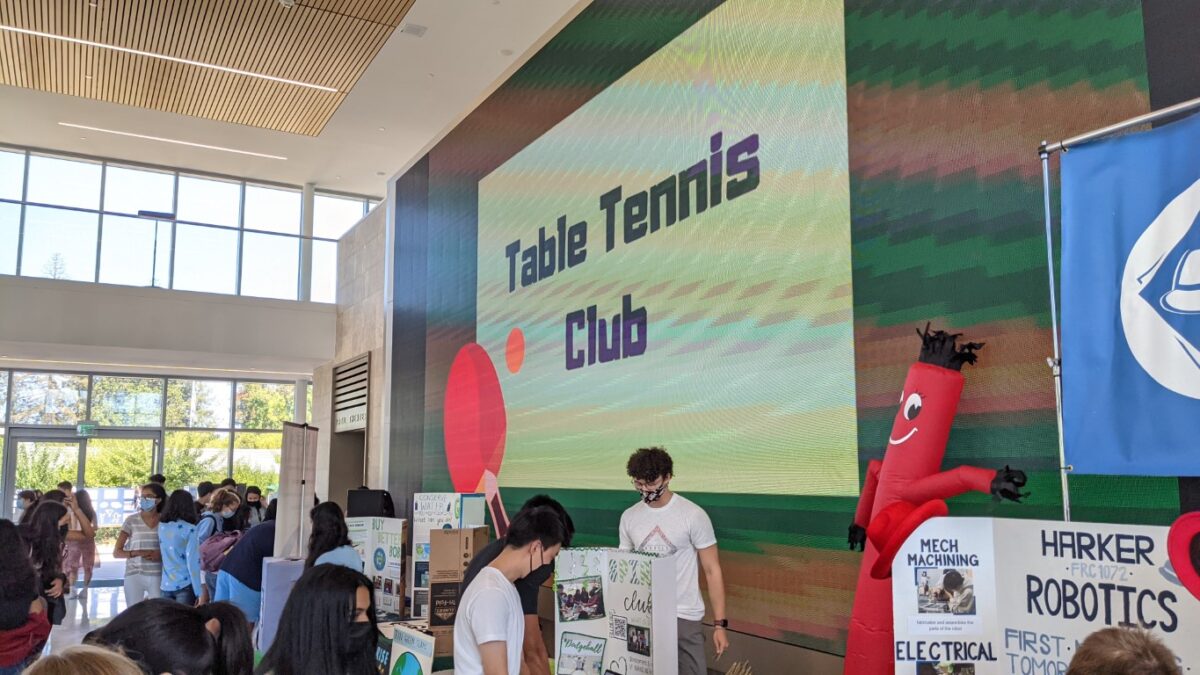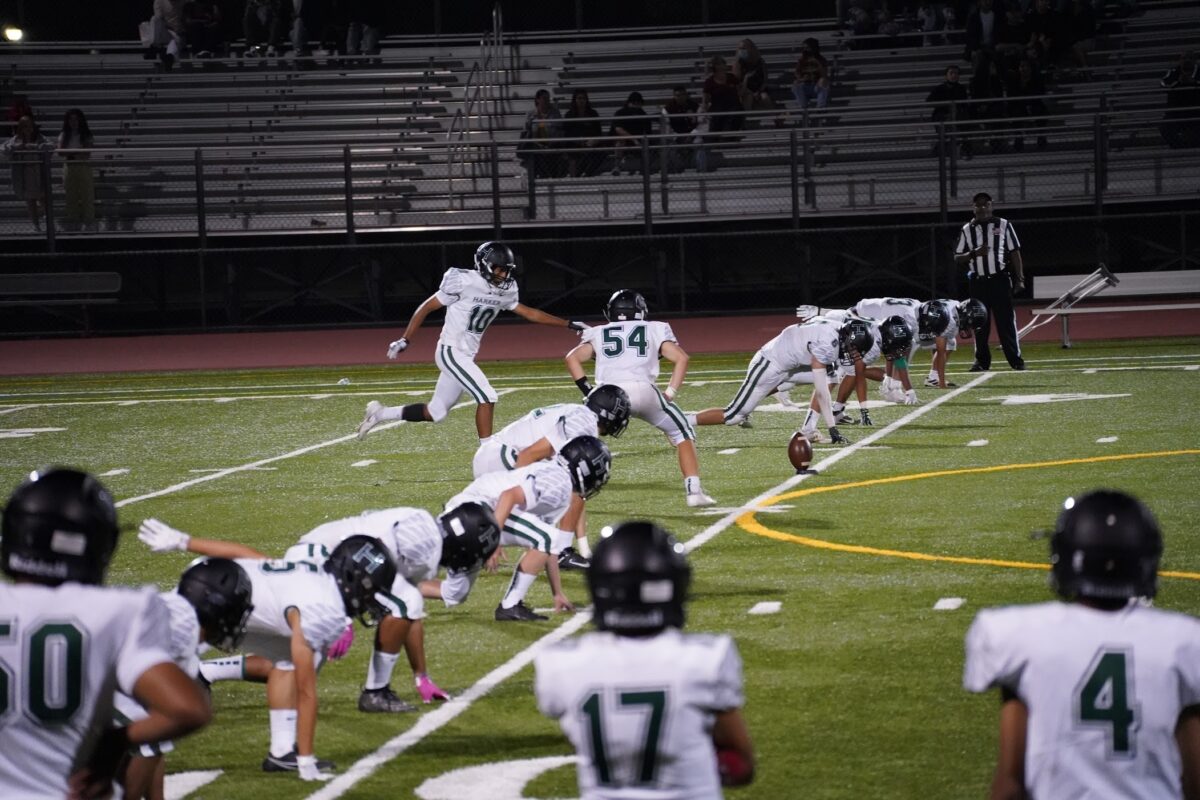Upper School
Girls tennis remains undefeated, football looks ahead to Harker Day
As one Harker team celebrates a big win, several others look ahead to Harker Day, during which no fewer than six Harker teams will be competing.
Harker Key Club wins Cupertino CREST Award
Last month, the Harker Key Club was named Organization of the Year in the City of Cupertino’s 2021 CREST (“Cupertino Recognizes Extra Steps Taken”) Awards.
Daniela Lapidous ’12 talks to Green Team on climate action
Daniela Lapidous ’12 visited the upper school to speak to Harker’s Green Team about her own experiences in environmental activism.
Harker team takes second at Code Quest
A team of three Harker students – sophomores Joe Li, Dustin Miao and Aniketh Tummala – took second place at the Lockheed Martin Code Quest, held this past spring.
[Updated] Former English teacher Marc Hufnagl passes away, memorial set for Oct. 15
On July 3, beloved former upper school English teacher Marc Hufnagl passed away at his home in Switzerland following a brave battle with prostate cancer.
52 students, more than 25% of senior class, named National Merit semifinalists
52 Harker seniors, more than 25% of the Class of 2022, were named semifinalists in the National Merit Scholarship Program.
Jazz pianist gives impromptu masterclass to students
Upper school jazz band members attended an impromptu masterclass by pianist Dalton Ridenhour in the Patil Theater.
Back in-person, Club Fair attracts upper school students
Upper school students flocked to the annual Club Fair on Wednesday to find out more about the dozens of opportunities available to students in a huge variety of fields and interests.
Thrilling football win highlights Eagles’ openers
Harker football won their season opener against San Jose High in a thriller that went into overtime.
